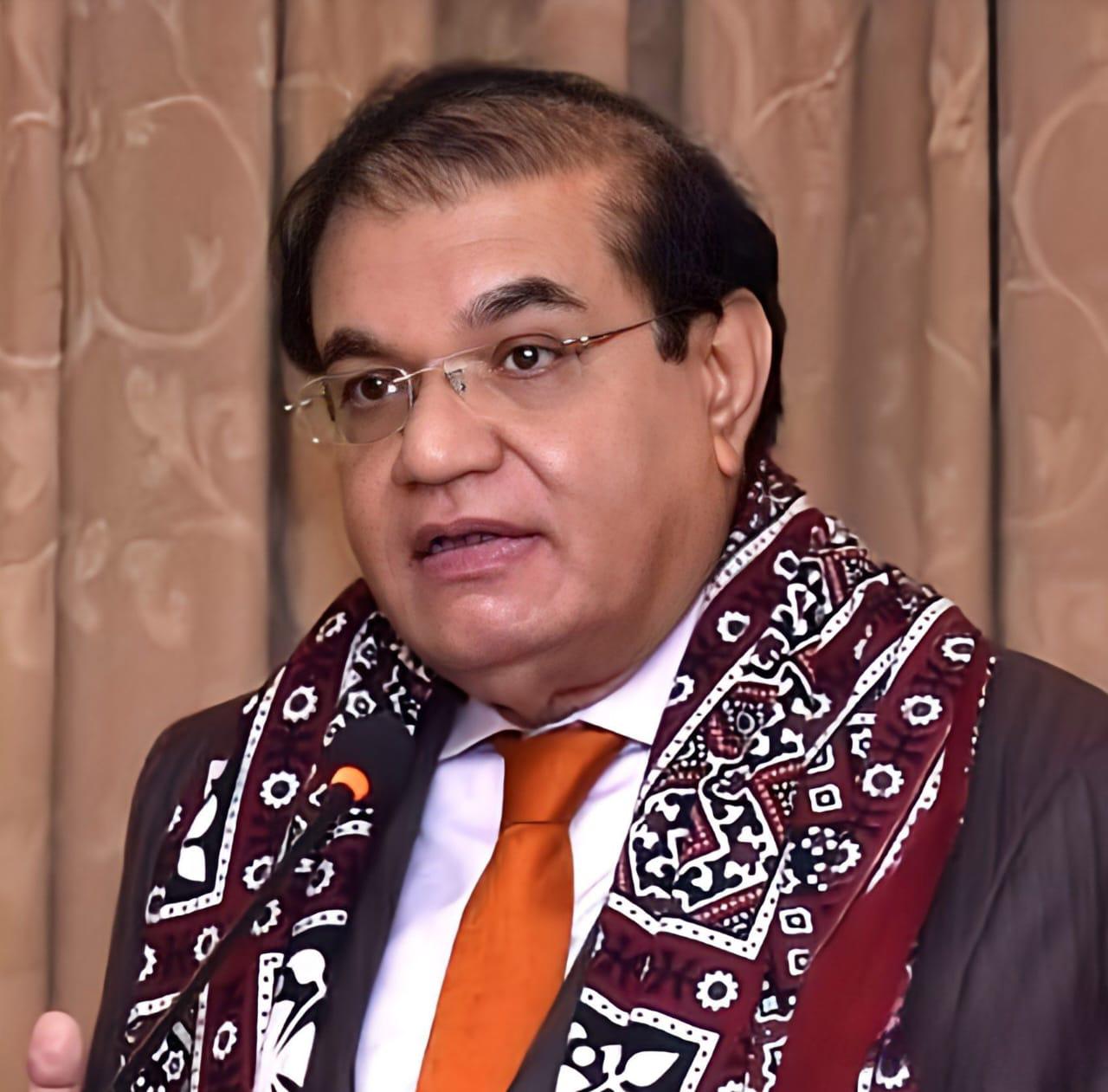Businesses turning to black market amid currency crunch.
Staff Report
ISLAMABAD: The Chairman of National Business Group Pakistan, the President of the Pakistan Businessmen and Intellectuals Forum, the President of All Karachi Industrial Alliance, the Chairman of the FPCCI Advisory Board, and the President and former provincial minister, Mian Zahid Hussain, said on Friday that the ongoing dollar shortage for the past several months has created serious concern among the business community and must be addressed immediately.
He stressed that due to the scarcity of dollars, many traders are being forced to turn to the black market. This underscores the crucial need for balanced policymaking and immediate steps to restore business confidence by ensuring adequate availability of foreign currency.
Speaking to the business community, the veteran business leader said that Pakistan had achieved several key economic targets by the end of the last fiscal year. These included a current account surplus of over $2 billion, increased foreign exchange reserves, and record-high remittances. The surplus, he said, reflects improved performance in the external sector. However, despite this encouraging progress, the persistent shortage of dollars remains a significant concern.
He further explained that the State Bank’s unusually high volume of dollar purchases is exacerbating the problem, making it even more difficult for the private sector to access foreign currency.
Mian Zahid remarked that the ongoing austerity measures and the slow pace of reforms, despite debt deferments and target achievements, are both surprising and concerning. He also highlighted reservations within the business community regarding the new discretionary powers granted to the Federal Board of Revenue. Rather than imposing stricter enforcement measures, he emphasised the need for reform policies that facilitate taxpayers.
He urged the State Bank to strike a balance in its foreign exchange buying operations to restore market confidence. Additionally, he called on the government to adopt a softer, more transparent, and consultative approach to tax reforms. He said that, alongside improving tax recovery, efforts should also focus on expanding the economy’s size. Instead of aiming for a $412 billion GDP, the country should strive for the $1 trillion benchmark envisioned by the prime minister. This goal can only be achieved with the cooperation of the business sector.
Mian Zahid concluded by saying that while the potential for stability and growth exists, it requires the state to shift away from control-oriented policies and long-term structural reforms. He suggested that the FPCCI, the State Bank, and the Ministry of Finance should jointly develop a clear policy framework to reduce market uncertainty and increase investment opportunities, which are critical to putting Pakistan on a sustainable economic path.

